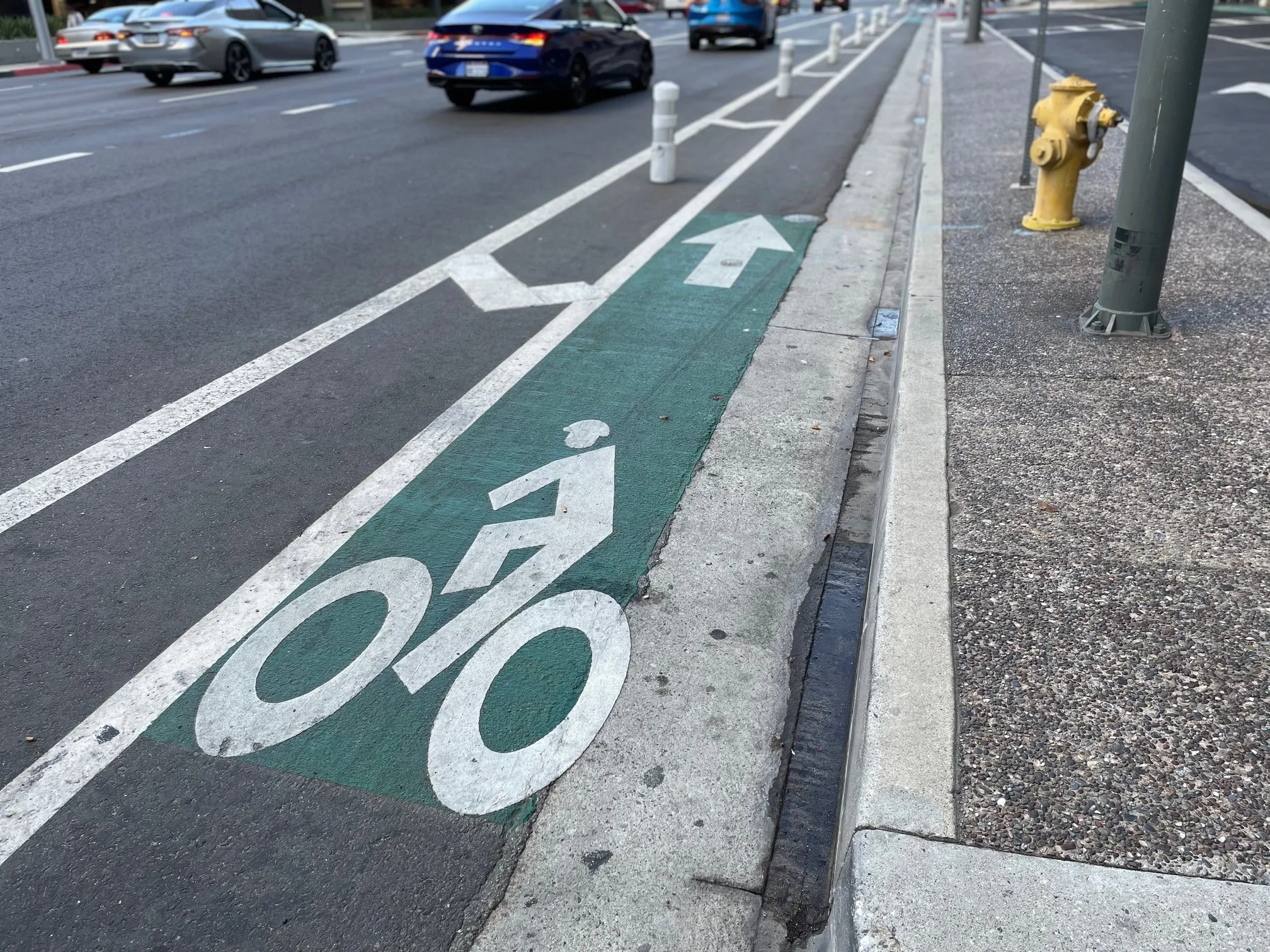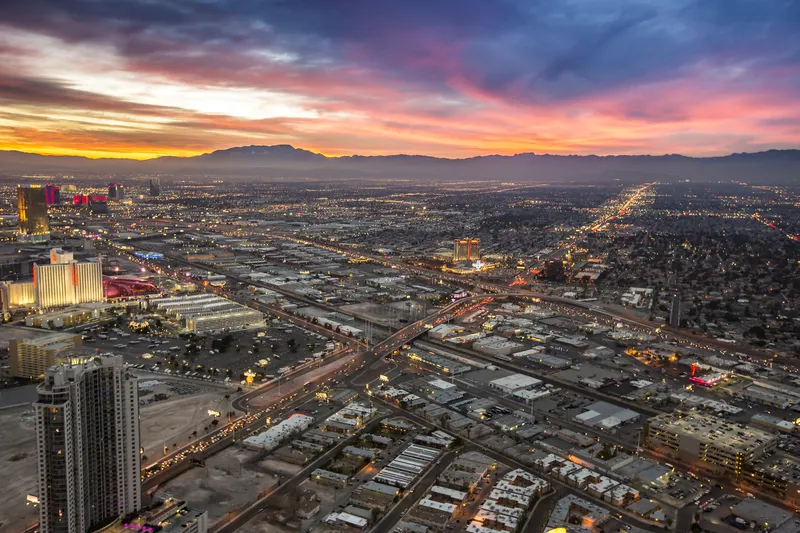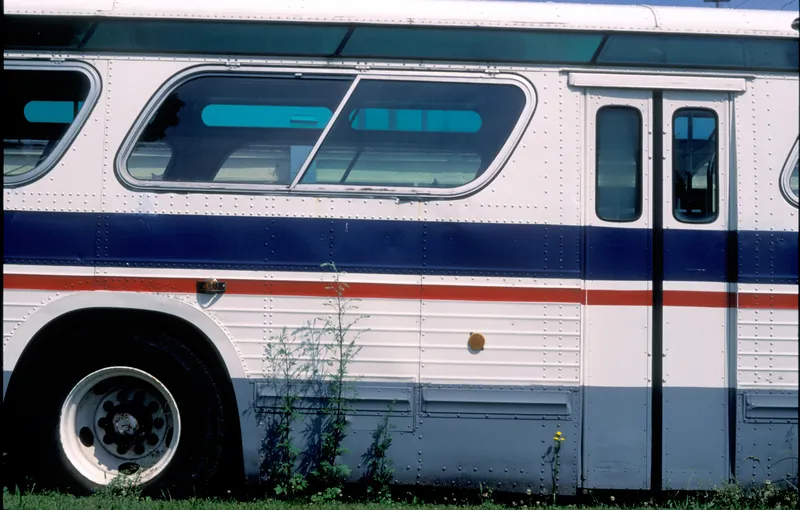
The California Transit Association says new legislation means that the state will be better able to pursue active travel and sustainable transport projects.
Governor Gavin Newsom has signed into law Senate Bill 922, authored by Senator Scott Wiener (D-San Francisco) and co-sponsored by the California Transit Association, Bay Area Council, Spur, Silicon Valley Leadership Group and LA Metro.
The legislation expands the provision of SB 288 (Wiener, 2020) by extending statutory exemptions to The California Environmental Quality Act (CEQA) for transportation projects that "significantly advance the state's climate, public safety, and public health goals".
“In recent decades, CEQA has been abused to delay or stop common-sense and climate-friendly transportation projects, undercutting efforts to deliver a cleaner transportation network and environmental benefits,” said Michael Pimentel, executive director of the California Transit Association.
“With the signing of SB 922, local transit and transportation agencies will continue to accelerate the path towards safer streets, cleaner air, and more equitable transportation solutions for all Californians."
"By expanding and expediting CEQA exemptions for sustainable transportation, we’ll unlock the bus, light rail, bike, and pedestrian projects that California needs. The timing couldn’t be more critical with historic levels of state, federal and local funding for project delivery on the way," Pimentel concluded.









